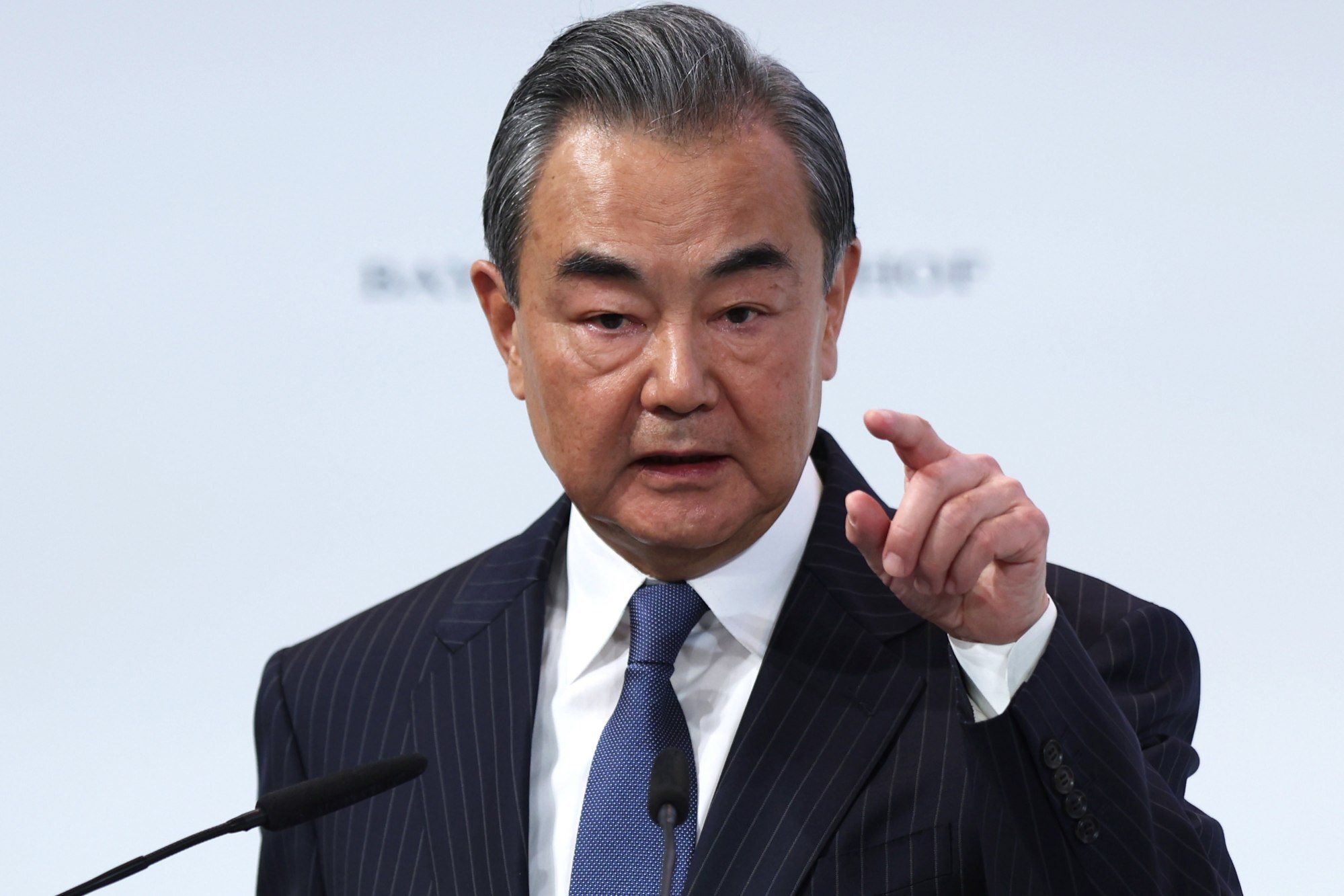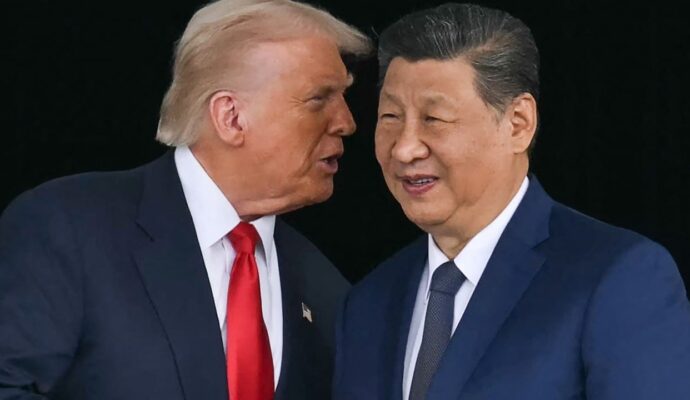“We should abandon the cold war mentality and oppose zero-sum games, keeping the region away from geopolitical calculations, and not become pawns in the great power competition.”
He also warned: “The Ukraine crisis is a wake-up call to humankind, and such a tragedy must not be repeated in Asia.”
Advertisement
Wang did not name the “external forces” he accused of “manipulating” Asean, but Chinese analysts said his comments could be aimed at the United States or its allies.
“Wang’s remarks reflected Beijing’s concern over the potential US strategic plan to create some crises similar to the ongoing military conflict between Russia and Ukraine in the region,” said Zhou Chenming, a researcher with the Beijing-based Yuan Wang military science and technology think tank.
Song Zhongping, a former PLA instructor said, Taiwan is the most dangerous possible flashpoint, but North Korea and China’s territorial disputes with neighbouring countries could also trigger a crisis.
He also said Wang was warning Asean to be alert to US efforts to stage a “proxy war” in the region.
Advertisement
In his speech, Wang appealed to shared “Asian values” and invoked the spirit of a 1955 conference in Bandung, Indonesia, where newly independent countries agreed to promote economic and cultural cooperation and reject colonialism.
“We must promote regional security through dialogue and cooperation … to appropriately address and manage risk and difference, working together to safeguard the hard-won peace in the region,” he said.

Advertisement
He urged the Asean members to work to conclude talks on a legally binding code of conduct for the South China Sea – a process that has dragged on for years and which missed a deadline for reaching agreement last year.
China claims most of the resource rich waters, but those claims are challenged by the Philippines, Vietnam, Malaysia and Brunei.
South China Sea: Philippines’ resupply mission reaches remote outpost
South China Sea: Philippines’ resupply mission reaches remote outpost
“It’s also unlikely that the COC will be completed by the end of this year, as there are too many intractable disagreements between China and other claimants,” said Zhang Mingliang, a Jinan University professor who specialises in South China Sea studies.
Advertisement
“One of the key obstacles is China insists negotiations should exclude ‘external forces’ like the US, but its Asean counterparts do not agree. The other one is how to set up penalties for a legally binding code of conduct.”
Advertisement



